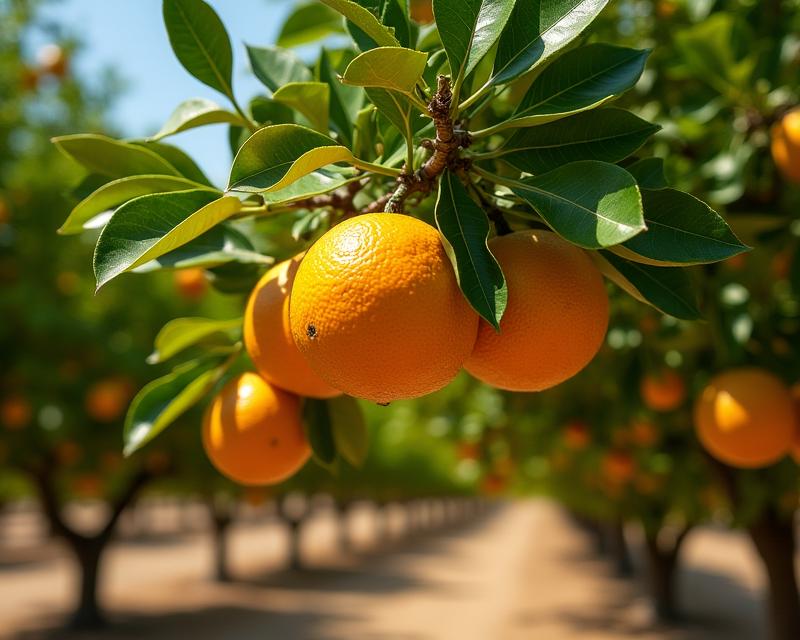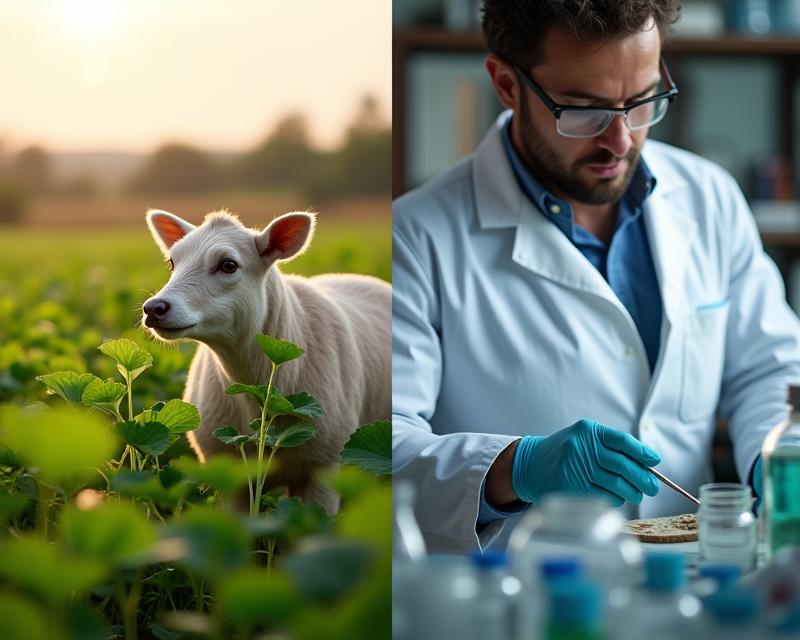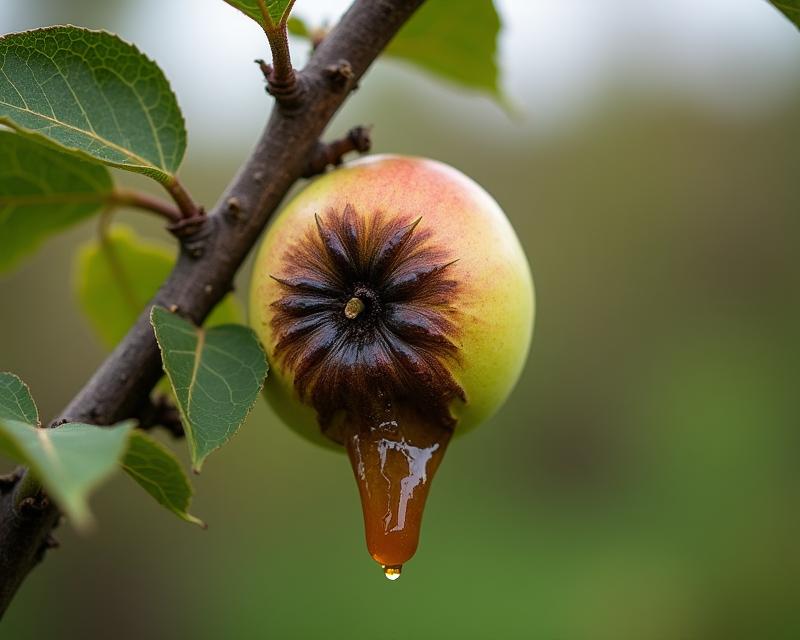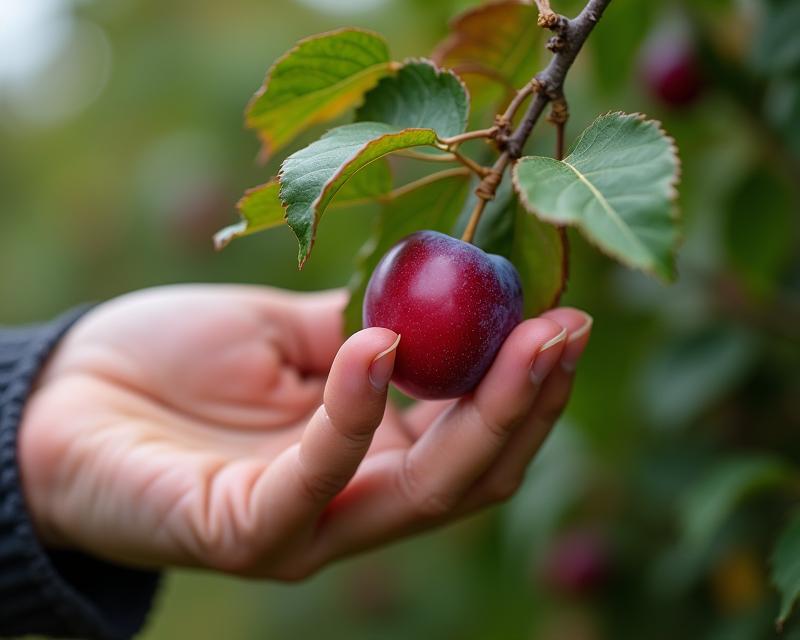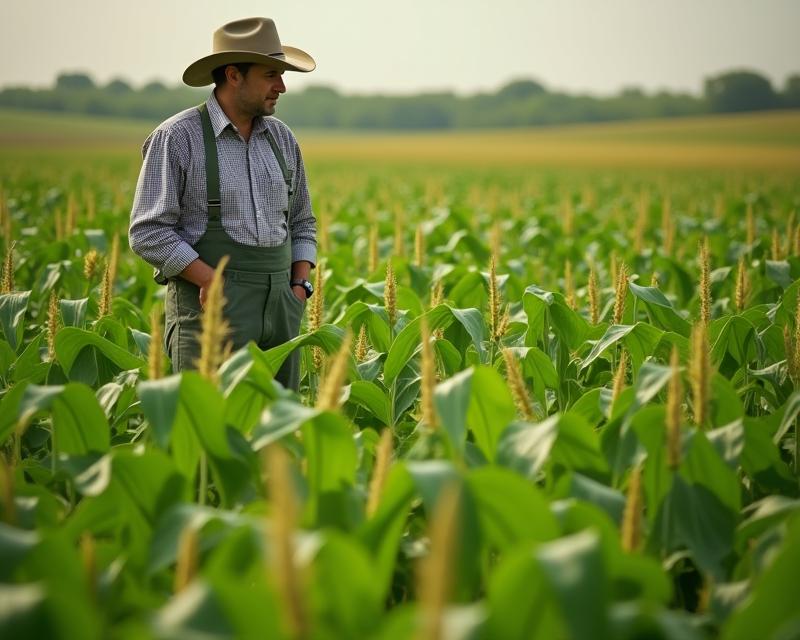Safe Storage: Protecting Your Grains from Aflatoxins
Publish in Crops el 03/07/2025 17:21
Safe Storage: Protecting Your Grains from Aflatoxins
As farmers and gardeners, we pour our hearts into growing healthy crops. But the hard work doesn't end at harvest! Proper storage is crucial to preserving the quality and safety of your grains and other stored products. One of the biggest concerns is aflatoxin contamination, a serious issue that can impact both your livelihood and the health of consumers. Let's dive into understanding aflatoxins, how to detect them, and most importantly, how to prevent them.
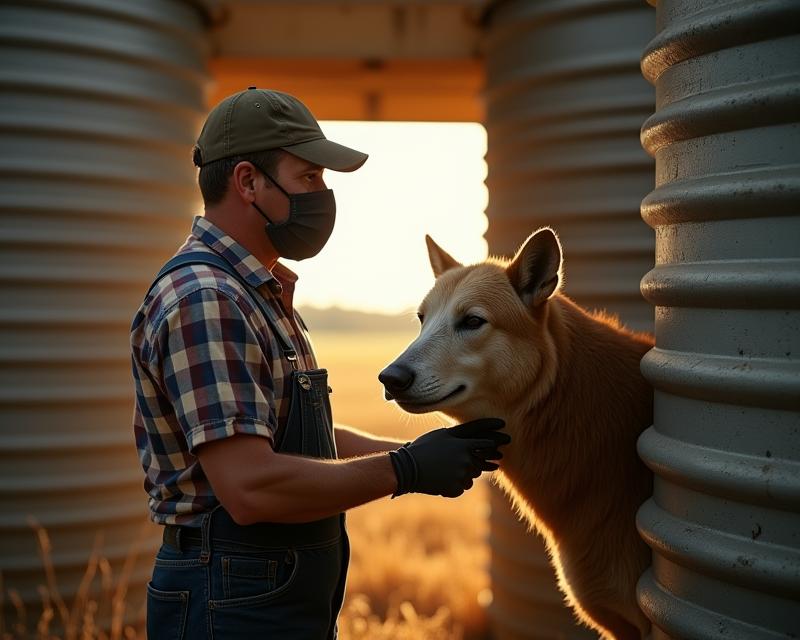
What are Aflatoxins?
Aflatoxins are toxic compounds produced by certain molds, primarily *Aspergillus flavus* and *Aspergillus parasiticus*. These molds can grow on crops like corn, peanuts, tree nuts, and cotton, especially in warm, humid conditions. Aflatoxins can contaminate grains during the field, harvest, and storage phases. They are incredibly potent and can cause serious health problems, including liver damage and even cancer, with long-term exposure. Even small amounts can be harmful, making prevention a top priority.
Detecting Aflatoxin Contamination
Unfortunately, aflatoxins are often invisible to the naked eye. The only reliable way to determine if your stored grains are contaminated is through laboratory testing. Many agricultural extension offices and private labs offer aflatoxin testing services. If you notice any of the following, it's a good idea to have your grain tested:
- Visible mold growth: Any signs of mold should raise a red flag.
- Unusual discoloration: Look for discoloration that isn't typical for the grain type.
- Musty or unusual odor: A foul smell can indicate mold growth.
- Reduced germination rate: If you're planning to use the grain for planting, a lower-than-expected germination rate could be a sign of contamination.
Preventing Aflatoxin Contamination: Best Practices
Prevention is always better than cure! Here are some key steps you can take to minimize the risk of aflatoxin contamination:
- Harvest promptly: Don't let crops sit in the field after they're ripe, especially in hot, humid weather.
- Dry grains quickly: Reduce the moisture content of grains to below 13% as quickly as possible. Proper drying is critical!
- Store in a cool, dry place: Maintain a storage temperature below 70°F (21°C) and a relative humidity below 60%.
- Ensure good ventilation: Proper airflow helps prevent moisture buildup and mold growth.
- Regularly inspect stored grain: Check your grain regularly for signs of mold or pests. Remove any affected grain immediately.
- Consider using a desiccant: In humid environments, using a desiccant can help absorb moisture and prevent mold growth.
Safe Handling Practices
When handling stored grains, always practice good hygiene. Wear gloves and a mask to avoid inhaling mold spores. Don't use contaminated grain for animal feed or human consumption. Proper storage and handling are vital for protecting your crops, your business, and the health of your community. If you suspect aflatoxin contamination, contact your local agricultural extension office for guidance. Let's work together to ensure safe and healthy harvests!
